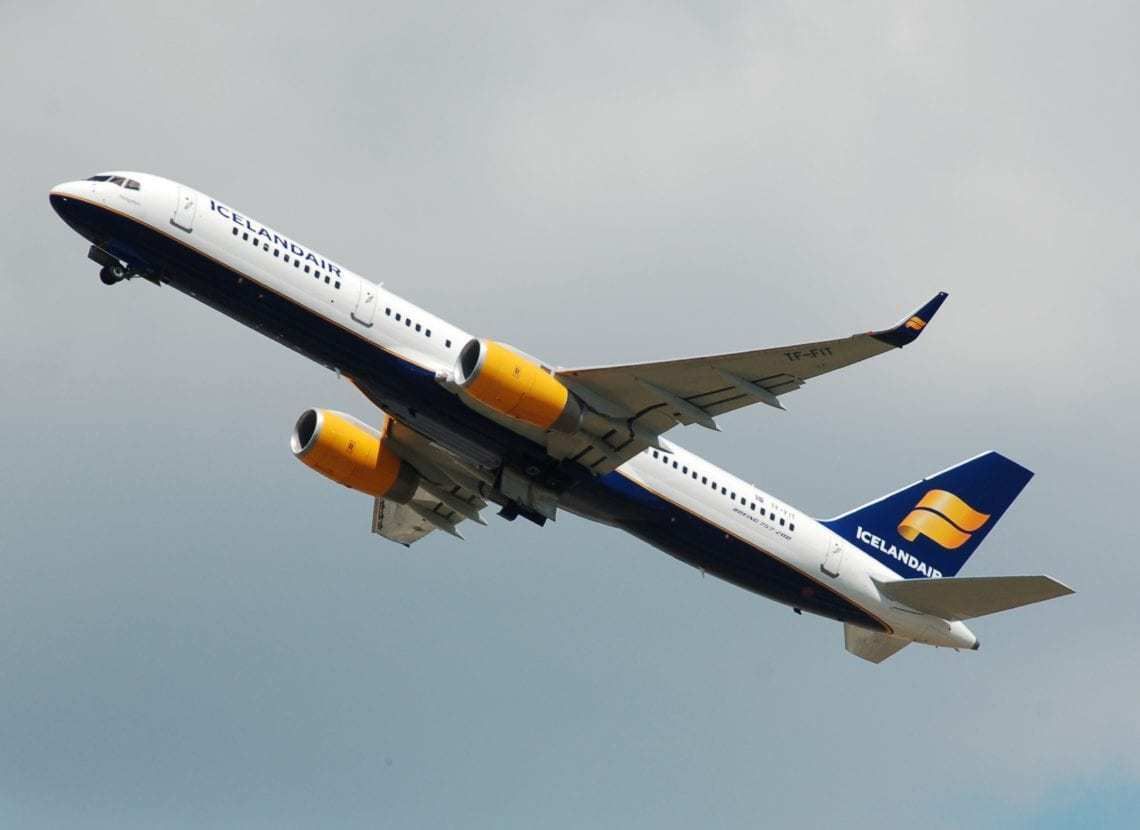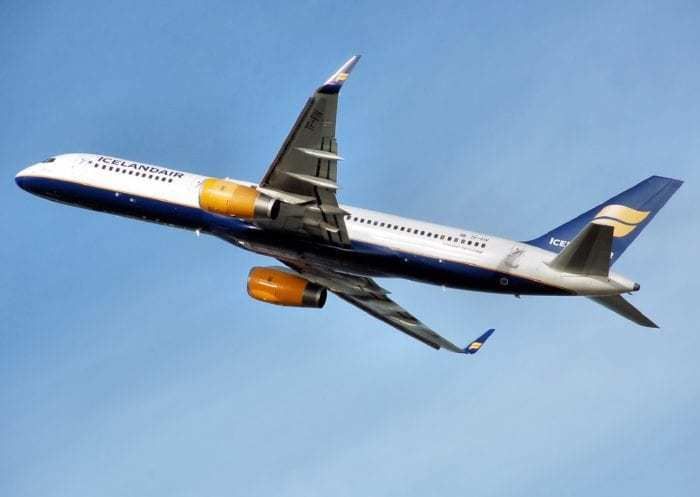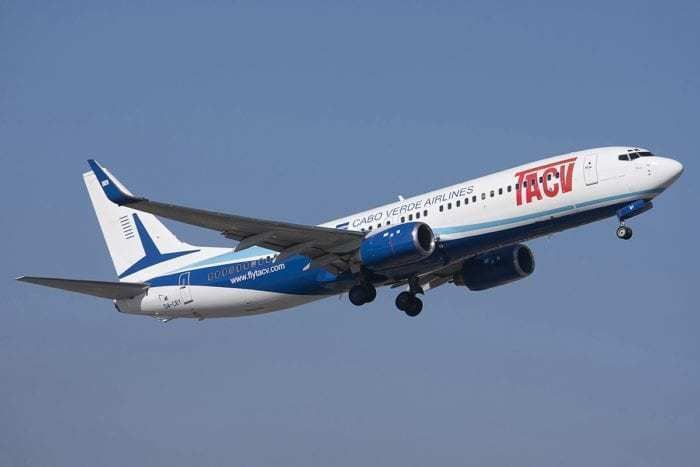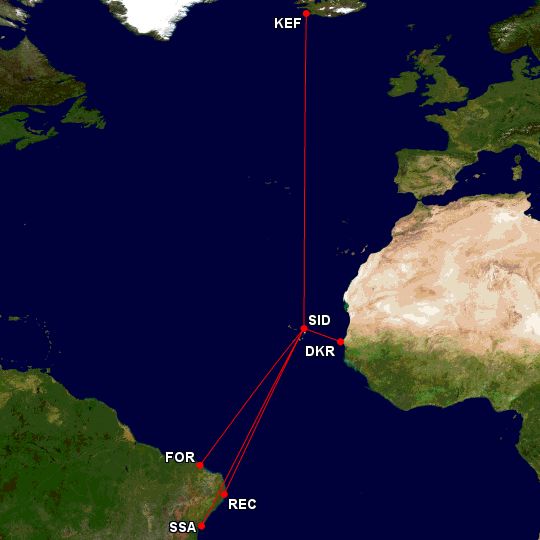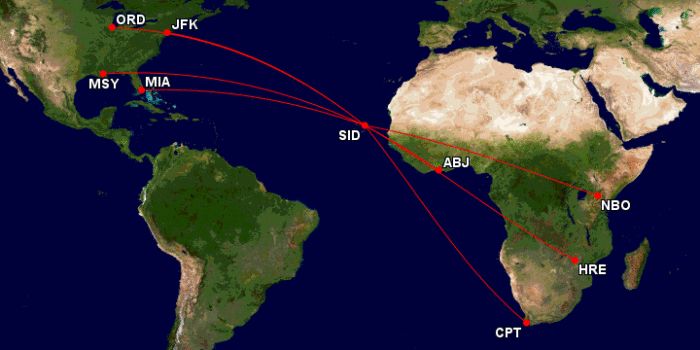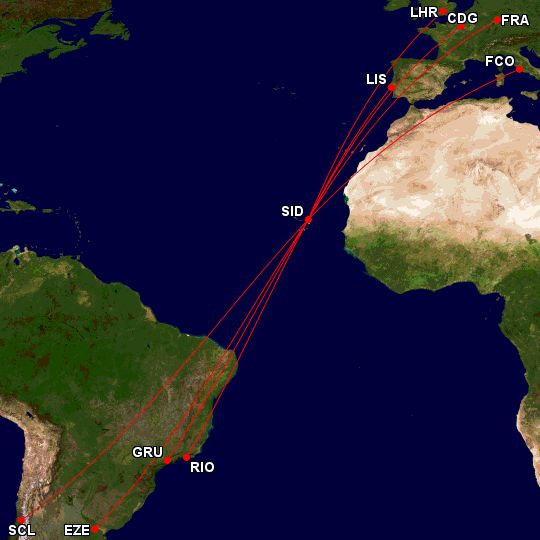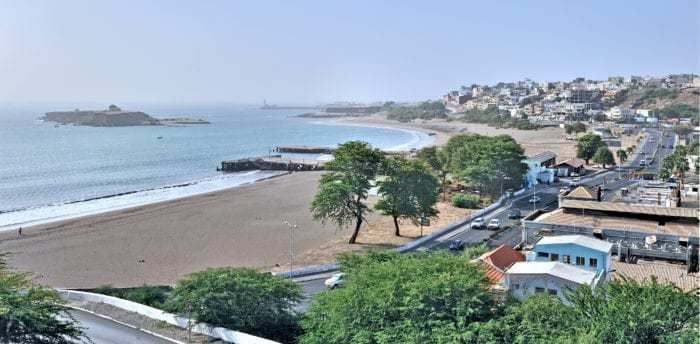Icelandair have completed the purchase of a majority shareholding in Cabo Verde Airlines. Committing over €7m to the airline will give Icelandair a unique opportunity to exercise their hub and spoke model which has worked so well in connecting Europe to North America.
Having been in discussion about the sale for some time now, the sale was confirmed just last week. The acquisition came at a cost to Icelandair’s offshoot company, Loftleidir Cabo Verde, of €1.3m plus another €6m for capitalization of the airline.
The government released a statement regarding the sale:
“The equity value of the airline was set at 9.2 million euros in which 5.48 million representing real estate assets. But was possible to exclude all real estate assets of this transaction so the value was seat to 3.7 million euros. The agreed amount for the acquisition of 51% of the airline’s capital between the State and the strategic partner is € 1.3 million. 6 million euros of capital will be injected by the strategic partner for the capitalization of the airline, totaling about 7.3 million euros.”
The remaining 49% is not planned to be held onto by the state either. The government has said they will sell 10% to workers and emigrants and the remaining 39% will be sold to national and international investors later this year.
Why are Icelandair interested in Cabo Verde Airlines?
Cabo Verde have had a close working relationship with Icelandair for some time, having codeshared for many years with their northern colleagues. Since 2017, Icelandair have been directing the operations of the airline to save it from entering administration. They have also leased the airline two 757-200s, which make up the entire Cabo Verde fleet.
As of November last year, Cabo Verde Airlines were running routes to just 10 destinations. These include:
- Boston (Logan International Airport), United States
- Dakar (Blaise Diagne International Airport), Senegal
- Fortaleza (Pinto Martins – Fortaleza International Airport), Brazil
- Lisbon (Lisbon Portela Airport), Portugal
- Paris (Charles de Gaulle Airport), France
- Praia (Nelson Mandela International Airport), Cape Verde
- Recife (Recife/Guararapes–Gilberto Freyre International Airport), Brazil
- Rome (Leonardo da Vinci–Fiumicino Airport), Italy
- Sal (Amílcar Cabral International Airport), Cape Verde
- Salvador de Bahia (Deputado Luís Eduardo Magalhães International Airport), Brazil
Coming with slots at these airports, some of which are fairly desirable, is undoubtedly one of the reasons Icelandair wanted a majority share in Cabo Verde. However, Simple Flying believe that the main reason for the investment is to gain a foot in the door with a unique business model that has proved successful for them elsewhere.
The ‘stopover’ airline
Thanks to the location of Iceland at a strategic point between Europe and North America, Icelandair and other Icelandic carriers have been able to leverage a unique benefit to their service. The Iceland stopover is seen as a positive by passengers as it gives them an additional dimension to their journey, at no extra cost in terms of flights. For the carrier, a stopover gives them the flexibility to offer one stop flights from numerous hubs in both Europe and North America, putting them in a more competitive position.
Another place which offers unique stopover possibilities is Cape Verde. Located in the south of the Atlantic, it has the potential to be a useful gateway into the south of Africa and even South America. Indeed, the deal comes with a few airport slots in these continents ready to go:
As time progresses, we expect to see more destinations added to Icelandair’s / Cabo Verde’s routes. The location of the island makes it ideal for connecting both Europe and North America to Africa and South America too.
The hub and spoke model that has worked so well for them in Europe could, conceivably, be replicated here in the south too. Africa’s growing demand for aviation services is an enticing market for Icelandair to tap into and is no doubt high on their wish list for future route development.
The historic link between Portugal and Brazil makes this route a popular one, but currently only TAP Air Portugal offer any direct service. A hub in Cape Verde could see more ways to connect from Portugal and other European hubs to Brazil and the rest of South America.
Cape Verde in itself is a fantastic destination, with tourism increasing around 7% year on year. Although most resorts cater to week long all-inclusive arrangements, if Icelandair could negotiate a shorter stay for stopover passengers, the routes will become all the more attractive to fly.
Icelandair currently have 11 737 MAX aircraft on order from Boeing. These could potentially be put into service at Cape Verde, to start developing routes with a stopover on the island. However, to reach into the very southerly and easterly parts of Africa, as well as to the Western coast of South America, a greater range would be needed. Icelandair does currently have four 767-300ERs in service, so may look to move one or two of these in the future.
The airline is also reportedly looking to replace its aging 757s with something newer and more efficient. An upgrade to the 797 and deployment on a Cape Verde route would put almost all of South America and Africa within striking distance of the airline’s future routes.
Whatever their plans for Cape Verde, it’s a clever, strategic move by the airline and we’re excited to see how routes develop in the future.

